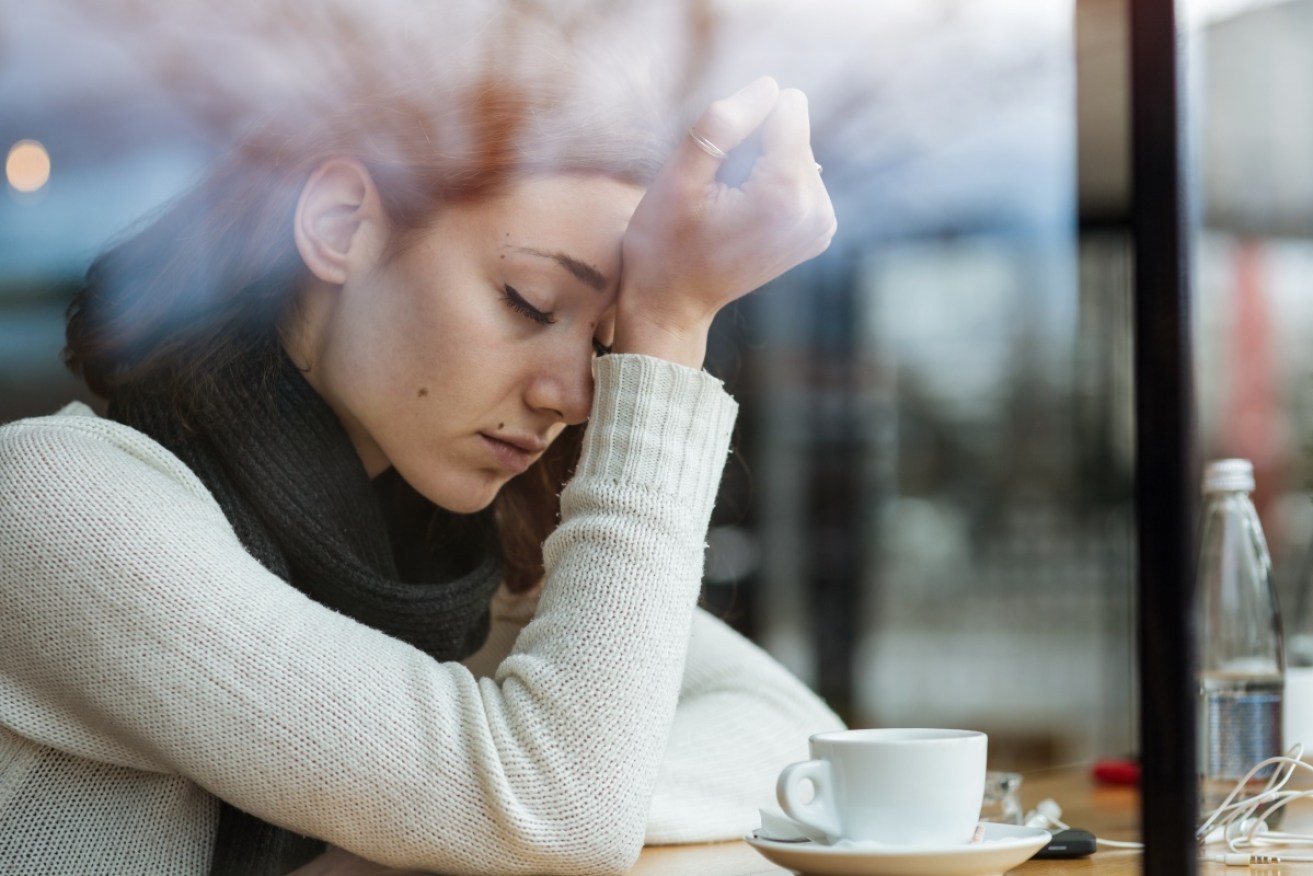Treating depression is often ‘a game of snakes and ladders’


Researchers believe they might have the answer to improving treatment for depression. Photo: Getty
Siobhan trialled about 10 antidepressants in a four-year period, suffering numerous awful side effects, before finally finding a drug that works for her.
She is not alone, with new research indicating many Australians with depression are struggling with the ups and downs of their medication.
When Siobhan was first diagnosed with clinical depression in 2012, the 26-year-old from Canberra had already long suffered severe symptoms: lack of motivation, extreme fatigue and suicidal thoughts.
“I started to lose enjoyment in the things I liked doing. I couldn’t bring myself to do things like cook or eat,” Siobhan told The New Daily.
“I was told the best treatment outcomes are when psychological therapy is coupled with medication.
“It has taken up until mid last year to find a drug that’s started working. I still have significant concentration issues, but the suicide ideation is pretty much gone.”
She said trialling different antidepressants can be a “long and depressing process” as each drug takes about six to eight weeks before its effectiveness can be determined. But side effects can emerge in the first two weeks.
Siobhan is one of four million Australians being prescribed with a mental health-related medication. In almost 70 per cent of cases, treatment involves the use of antidepressants.
Australia has one of the highest prescription rates of antidepressants globally, with rates having doubled between 2000 and 2011.
Now, the largest ever national study examining the prescription of antidepressants has surveyed 13,000 Australians and found as many as 70 per cent of people are trialling multiple drugs − many with dangerous side effects.
Preliminary findings, released on Monday, have shown that one in two people suffer side effects of nausea, headaches, drowsiness or fatigue.
About 18 per cent reported increased anxiety, agitation or sleep disturbance, while 9 per cent had increased suicidal thoughts – an amplification of the depressive symptoms which the medication sets out to help alleviate.
Clinical psychiatrist and co-lead researcher Ian Hickie told The New Daily depression is an “often disabling and life-threatening” illness.
“It’s often a lot of trial and error (with antidepressants),” Professor Hickie said.
“Like a game of snakes and ladders.
“Most [people] are not getting what they need the first time around,” he said.
“It’s a long and rocky road … and it’s risky.
“People need significant support during that period and from what we’re hearing, the monitoring of side effects during these trials is inadequate.
“We need more sophisticated support – it’s not as simple as popping in to the doctor and getting a script.”
Professor Hickie said that similar to treatment of other illnesses, such as cancer, more genetic-based research was needed to help predict a patient’s likelihood of reacting positively to a drug and reduce the chances of negative side affects.
The national research also found about 90 per cent of people talk to family or friends about their depression, while 75 per cent of those who take on the challenge of finding a viable antidepressant strategy find relief in at least one of their major symptoms.
Siobhan said there was no shame in seeking help, pharmaceutical treatment or seeing a psychologist.
“It takes a long time to trial medications, and the process sucks, but there is a light at the end of the tunnel – nothing compares to noticing your emotions slowly come back or having more good days than bad in a week,” she said.
“It won’t be instant, and it takes constant work, but you can be fixed. And to lots of people in your life, you are irreplaceable. Keep pushing.”
Those interested in participating in the national research can find out more here.
Readers seeking support and information about suicide prevention can contact Lifeline on 13 11 14.








